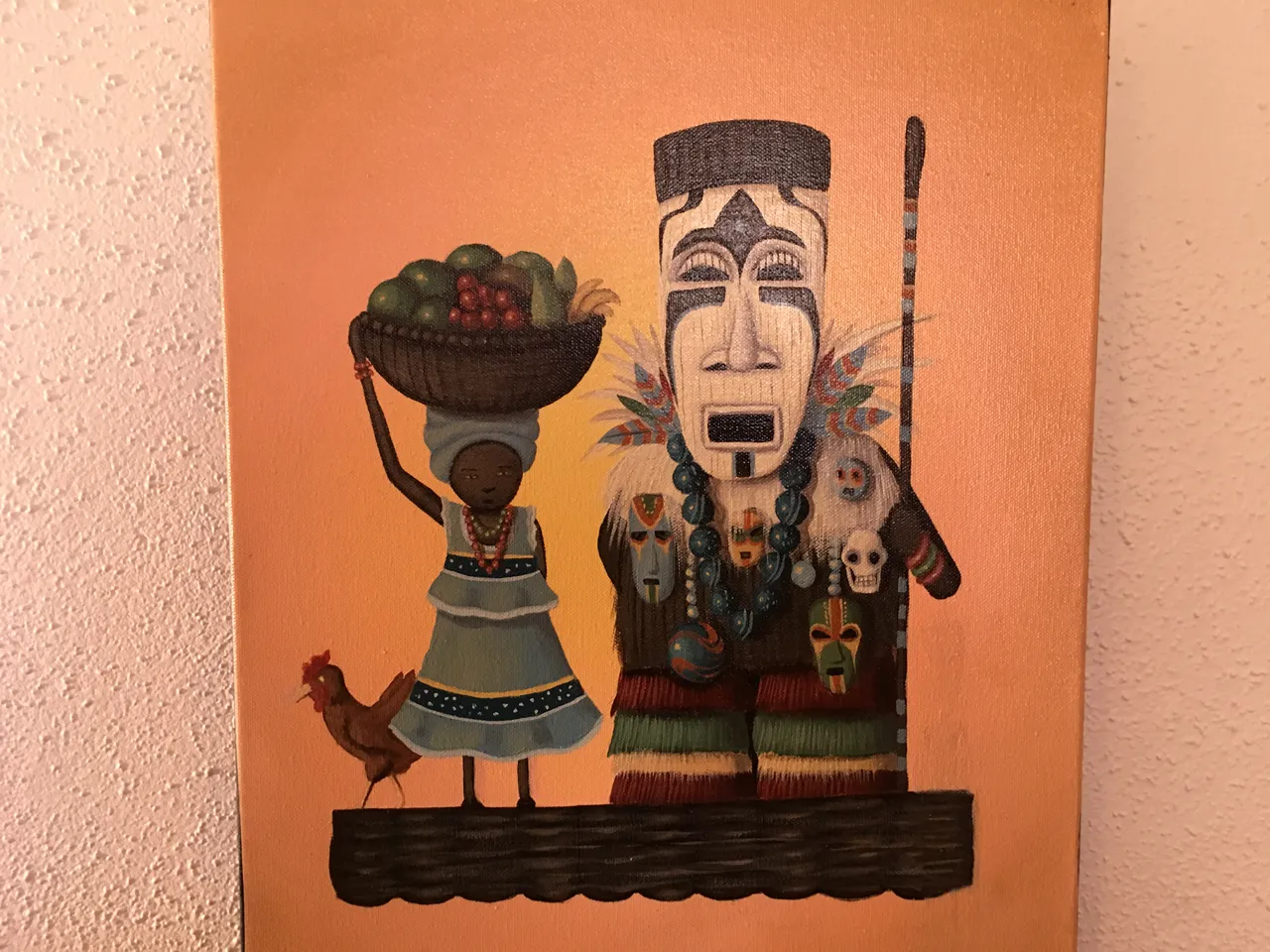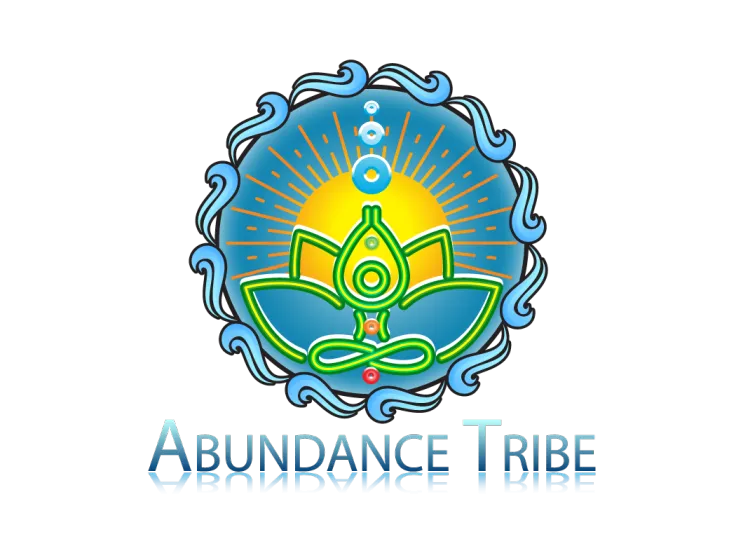I believe we are at an evolutionary point in human civilization. But what does "civilization" even mean?
Years ago, anthropologist Margaret Mead was asked by a student what she considered to be the first sign of civilization in a culture. The student expected Mead to talk about fishhooks or clay pots or grinding stones.
But no. Mead said that the first sign of civilization in an ancient culture was a femur (thighbone) that had been broken and then healed. Mead explained that in the animal kingdom, if you break your leg, you die. You cannot run from danger, get to the river for a drink or hunt for food. You are meat for prowling beasts. No animal survives a broken leg long enough for the bone to heal.
"A broken femur that has healed is evidence that someone has taken time to stay with the one who fell, has bound up the wound, has carried the person to safety and has tended the person through recovery. Helping someone else through difficulty is where civilization starts." -- Margaret Mead

Paul Lewin image of village girl with protector
Scale of 1 to 10
When you reflect on your own contribution to the evolving edge of humanity, how would you rate yourself on:
the creation and use of tools?
How about on planning skills?
How about successful communication?
How about supporting others?
Regardless of the scores you gave yourself and which number is highest, using the lens provided by Mead, which score do you think contributes the most to the good of all?
I was raised in a culture that would definitely have said that the creation and use of tools was the most important element for civilization. We are taught in school about all the inventors of said tools. They are called great men.
In my adulthood I've seen an understanding of the importance of emotional intelligence, communication and successful group dynamics gain traction. But I still haven't experienced a widespread understanding of the importance of tending the sick and wounded as a frontier for how advanced a civilization can be.
Or is it more where civilization starts, but not the frontier where it advances?
These are questions I'm considering as I face the abundance of time, resources and skills I have to contribute in my early retirement, and ask myself how to be invest myself for the benefit of my community. (My "community" being humanity primarily, but to some extent life on Earth in general.)
While I can't definitively answer these questions at a collective level, I can say that for myself it is tending to those who need help that ignites my passion most. It doesn't have to be physical ailment. It could be any sort of threat to survival or thriving. Basically it is the work normally tended to by either family or non-profit organizations/charities. That's my jam.
I have a new project I'll be writing about once it is more fully launched that's along these lines. I began writing this post about a week before the idea of that project even materialized, and actually didn't even remember this topic at the time. But clearly it was brewing in my subconscious.
My friends, find your burning questions. Contemplate them then let them go and go about living your life. See how the answers are sent to you. This truly is a miraculous ride.
If civilization is to advance, perhaps that's how it most likely does. There's not a vision any of us can possibly hold in our minds. Our minds aren't yet developed to the level of the thing that comes next. But if we approach the now in an open-minded way, with the spirit of a willing adventurer, I do believe we contribute our part to that ever expanding masterpiece called civilization.
 |  |
(All text and images (except the AT logo) are by the author, unless otherwise credited. This is original content, created expressly for HIVE.)
New to HIVE?
Watch the Getting Started Video Tutorial:
Lesson 1 - Getting Account & Essentials
Lesson 2 - Participating Successfully
Lesson 3 - Money Matters
Lesson 4 - Useful Tools & Features